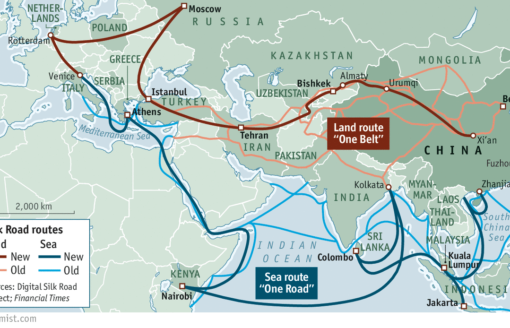The asset management industry in China has a high potential for growth. A steadily high rate of economic growth for the past couple of decades has given rise to a huge asset wealth management market at home. According to the latest reports by Fitch Ratings, the industry is expected to continue to have a positive trend as the amount of funds financial institutions have at their disposal increased by 61% last year alone. The funds currently stand at an astounding $6.7 trillion Yuan.
The report pointed out that increasing disposable incomes result in increased savings that are mostly held as bank deposits. Besides, it also leads to a rapid buildup of household assets. Considering all that and the comparatively unsaturated asset management market in China, there are huge growth opportunities, and the asset management industry will swell further in the coming years.
Assets under management of a total of 1984 mutual funds swelled 52% to reach 4.5 trillion Yuan. This surge came primarily on the back of strong demand from retail depositors. There was a positive growth trend seen for the mandates other than annuities and pensions as well. They grew from 0.5 trillion Yuan to 1.2 trillion Yuan. Annuities and pensions recorded growth as well. The Chinese wealth management industry is growing faster than wealth management markets elsewhere in the world. It has traditionally been known for the sale of highly liquid and high-risk products without the absence of a strict framework for regulatory oversight.
However, the Chinese government has recently been working to change that. There has been a push from the government officials lately to force the domestic financial institutions to wealth management
Recently, however, officials have begun forcing domestic banks to separate their other banking functions and services from the wealth-management businesses. This is aimed at improving the governance of these institutions, and to bring the wealth managers under tighter regulatory oversight. It is also in line with the government’s broader agenda of curbing the debt and to control the trade of risky products.
As a result, this sector can be expected to become more competitive and complex as well in the coming years. Currently, the players that dominate the local asset and wealth management market are mostly the subsidiaries of some of the top-performing Chinese commercial banks. The famous names include Industrial and Commercial Bank of China, China Merchants Bank, and the Bank of China.





The Belt and Road Initiative Will Affect 60% of the World Population